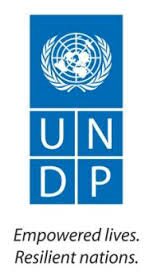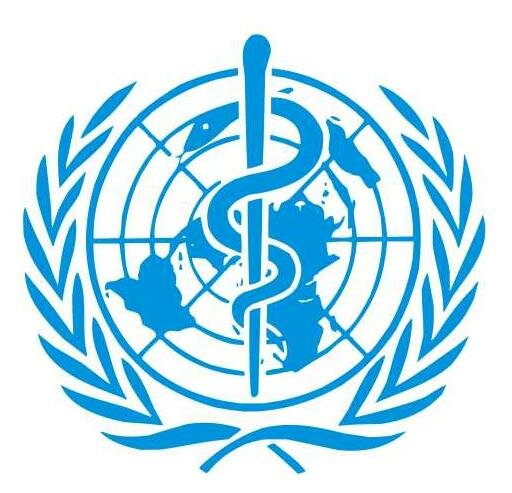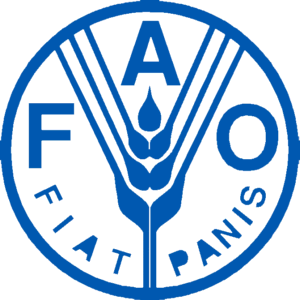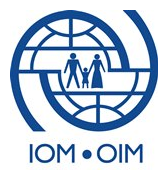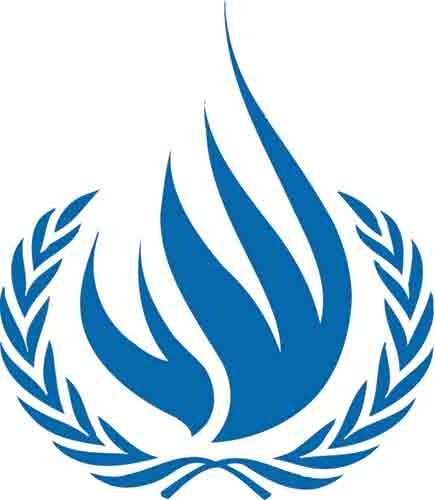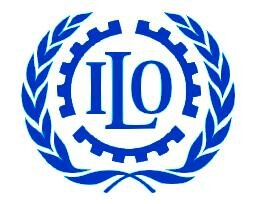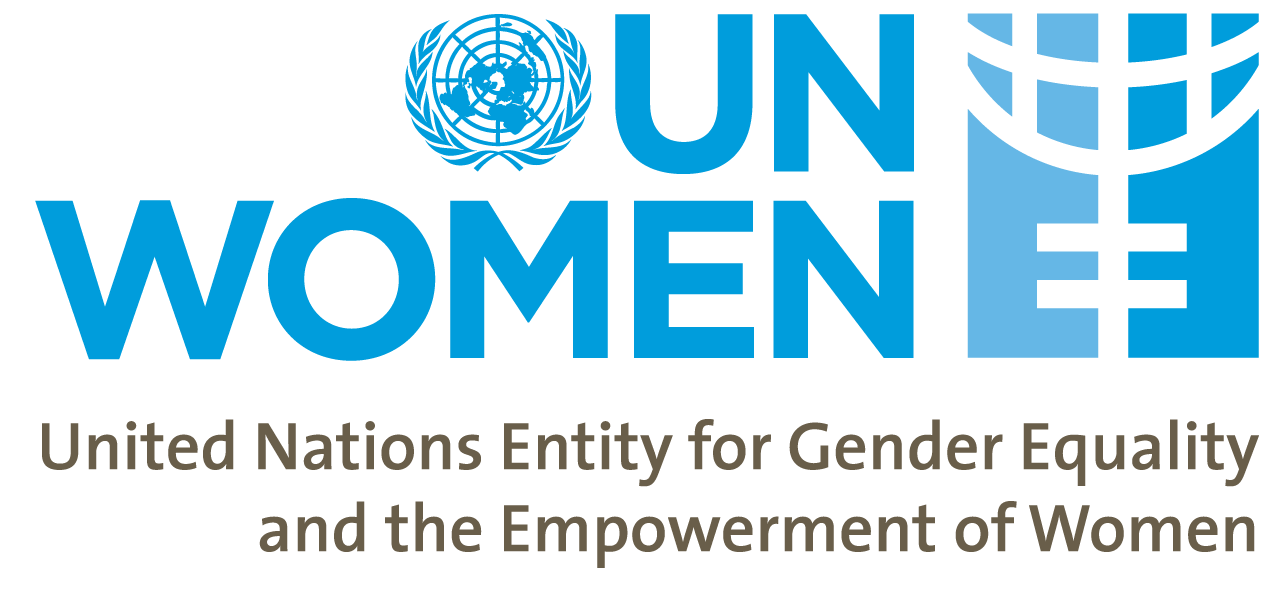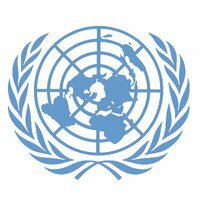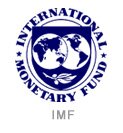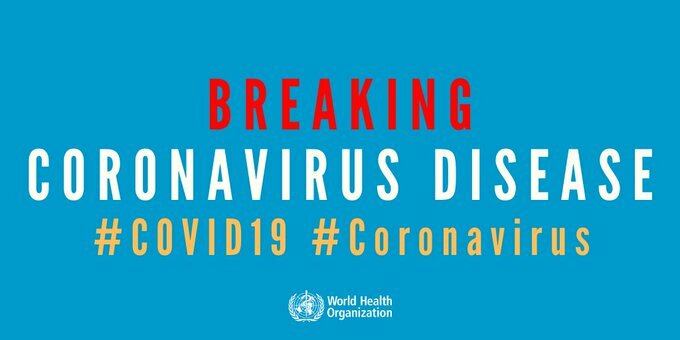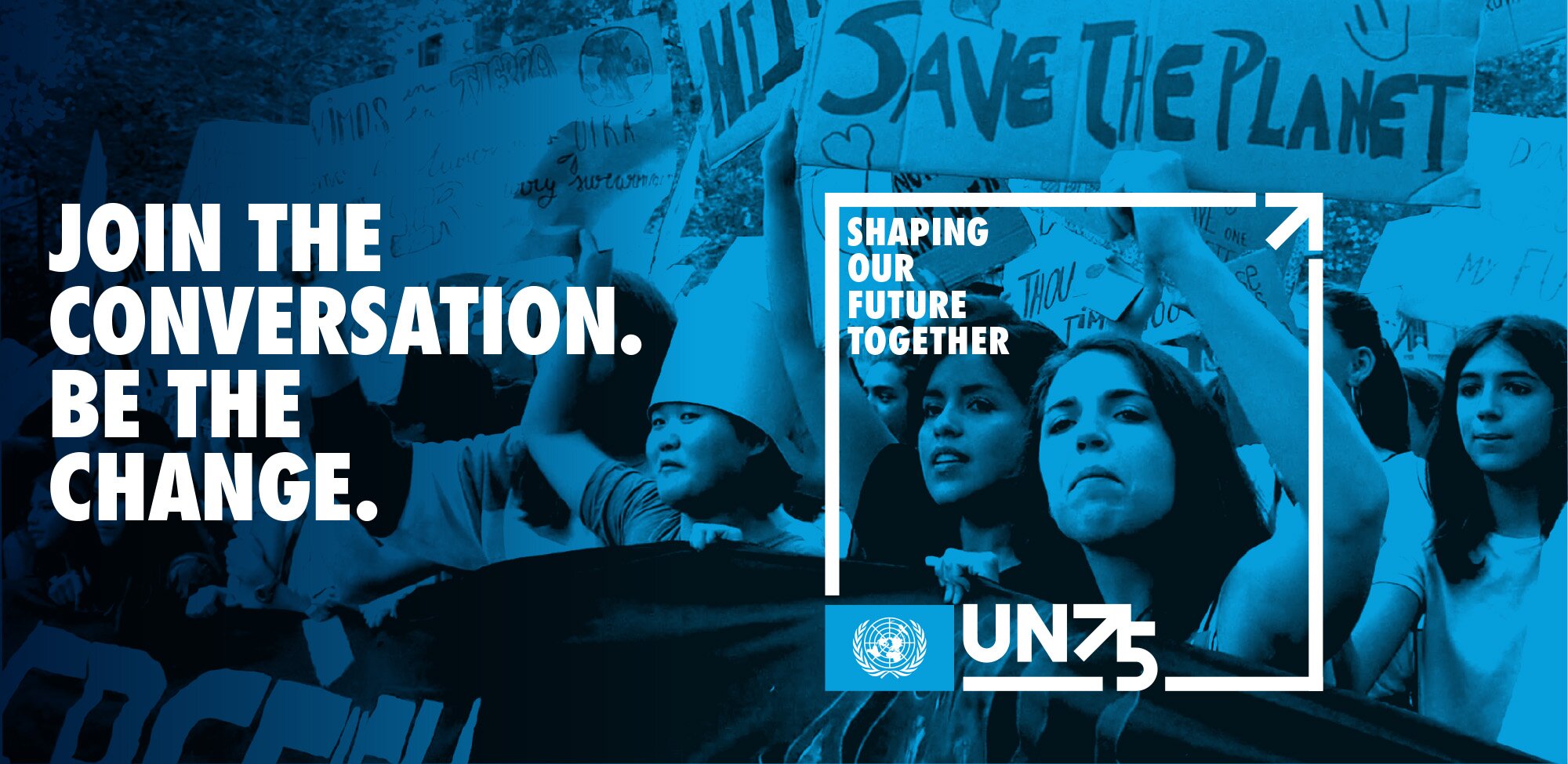WHO Back
The World Health Organization (WHO) is the UN agency specializing in health issues.
Article I of WHO’s Constitution defines the objective of the organization as "the attainment by all peoples of the highest possible level of health". Health is defined in the WHO Constitution as a state of complete physical, mental and social well-being and not merely the absence of disease or infirmity. The main strategic directions of WHO in Georgia, as well as in other countries in the world, are:
· reducing excess mortality, morbidity and disability, especially in poor and marginalized populations;
· promoting healthy lifestyles and reducing risk factors to human health that arise from environmental, economic, social and behavioural causes;
· developing health systems that equitably improve health outcomes, respond to people’s legitimate demands, and are financially fair;
· framing an enabling policy and creating an institutional environment for the health sector, and promoting an effective health dimension to social, economic, environmental and development policy.
Georgia became a member of WHO on 16 May 1992. In 1993 a liaison office was opened in Tbilisi. In 2005 the name of the office was changed to WHO Country Office in Georgia. The WHO Country Office in Georgia is subordinated to the Regional Office for Europe. The Country Office plays a crucial role in administration, consolidation, management and enhancement of WHO collaboration in the country. It also contributes to interfacing between the government and WHO, assists in informing the government regarding WHO policies in a timely manner and elaborates strategies and activities while providing advice on healthcare sector development and inter-sectoral issues for health. The WHO Country Office implements its activities in the country in close collaboration with the Georgian Ministry of Internally Displaced Persons from the Occupied Territories, Labour, Health and Social Affairs, UN agencies, governmental and non-governmental organizations and is active in the healthcare sector.
Priority Areas
WHO cooperates with individual countries in the frames of so called Biennial Collaborative Agreements (BCA). The current BCA between the WHO Regional Office for Europe (WHO/EURO) and the government of Georgia for 2018-2019 was elaborated through successive stages of talks between the national health authorities and the regional and country levels of WHO.
It focuses on the following priorities for cooperation:
- National health policies, strategies and plans (tools and consultations in the processes of developing/implementing comprehensive national policies in accordance to Health 2020; Health Financing: assistance in monitoring of Universal Health Coverage (UHC) program; Environmental Health: implementation of the National Environmental Health Action Plan-NEHAP-2);
- Health Systems, Information and Evidence (strengthening of the national Health information systems; Technical assistance for the improvement of quality data);
- Development and implementation of national multisectoral policies and plans to prevent and control Noncommunicable Diseases (NCD); Implementation of strategies to reduce modifiable risk factors for NCD, including Tobacco control;
- Promoting health through the life course (improvement quality of pediatric care at primary health care and hospital care levels);
- Communicable diseases (Vaccine-preventable diseases- measles/rubella, Polio; HIV/AIDS, Viral Hepatitis, Tuberculosis);
- Preparedness, Surveillance and Response (Support to maintain International Health Regulations (IHR) capacity; Strengthening surveillance systems for Anti-microbial resistance (AMR);
- Enhancing emergency preparedness (supporting IHR capacity and training national teams for assessing the hospital emergency preparedness).
The WHO contributes significantly to capacity-building in the country. Georgian medical professionals participate in WHO meetings, including conferences, workshops and trainings both in Georgia and outside the country, on a regular basis. WHO consultants regularly visit Georgia to provide technical assistance to local professionals in their efforts to meet the country’s needs and requirements. In line with WHO policy, the Georgian Ministry of Internally Displaced Persons from the Occupied Territories, Labour, Health and Social Affairs actively participates in the work of WHO governing bodies, World Health Assemblies and Regional Committees, on a yearly basis.
Head of Agency:
Dr. Silviu Domente
WHO Representative/Head of Country Office in Georgia
Contact Person:
Dr. Nino Mamulashvili
81 Barnovi St., Apt.4, Tbilisi, 0179 Georgia
Tel.: + 995 32 299 80 73
E-mail:
WHO Headquarters website: http://www.who.int/en/
WHO Regional Office for Europe website: http://www.euro.who.int/


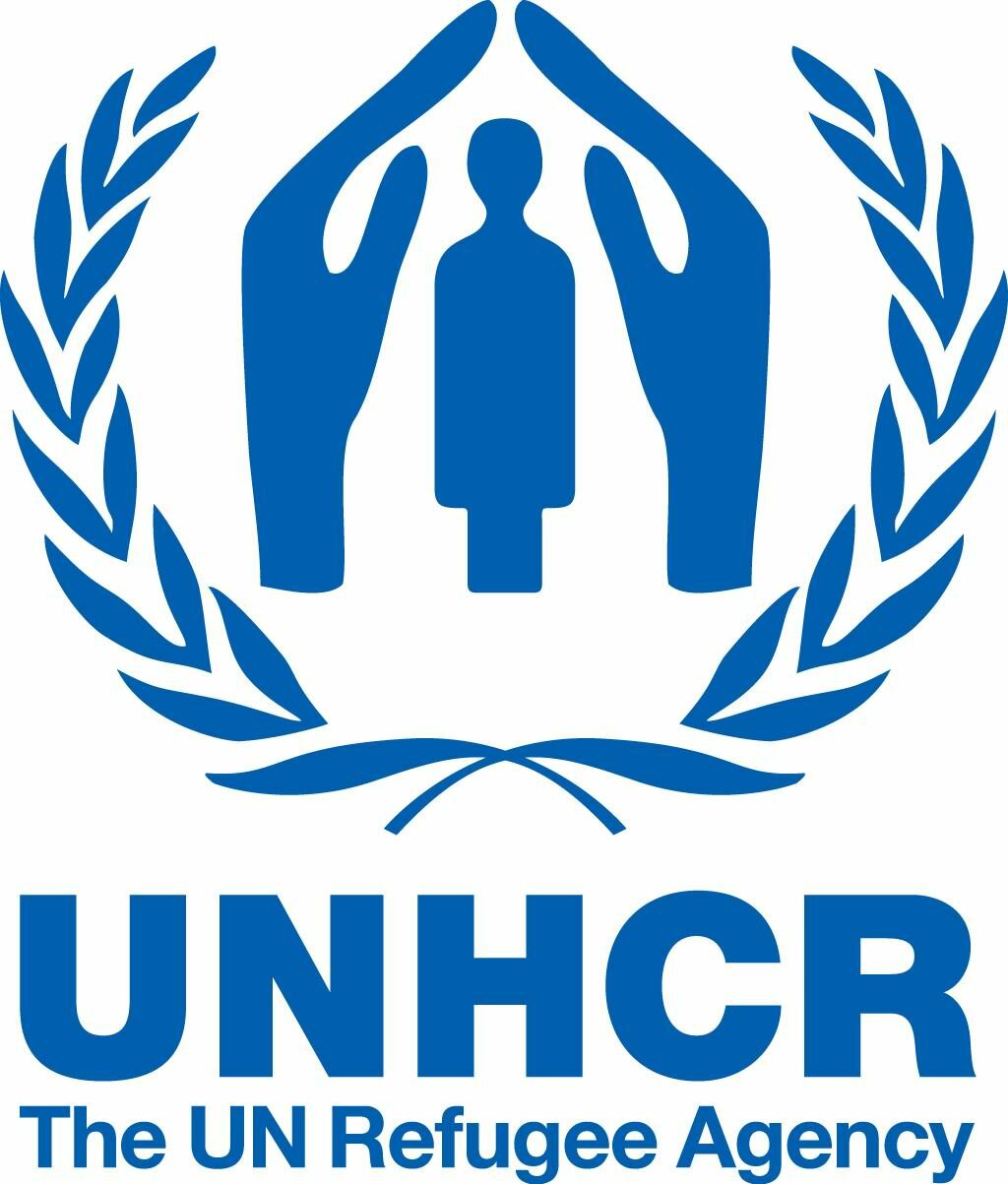
.jpg)

